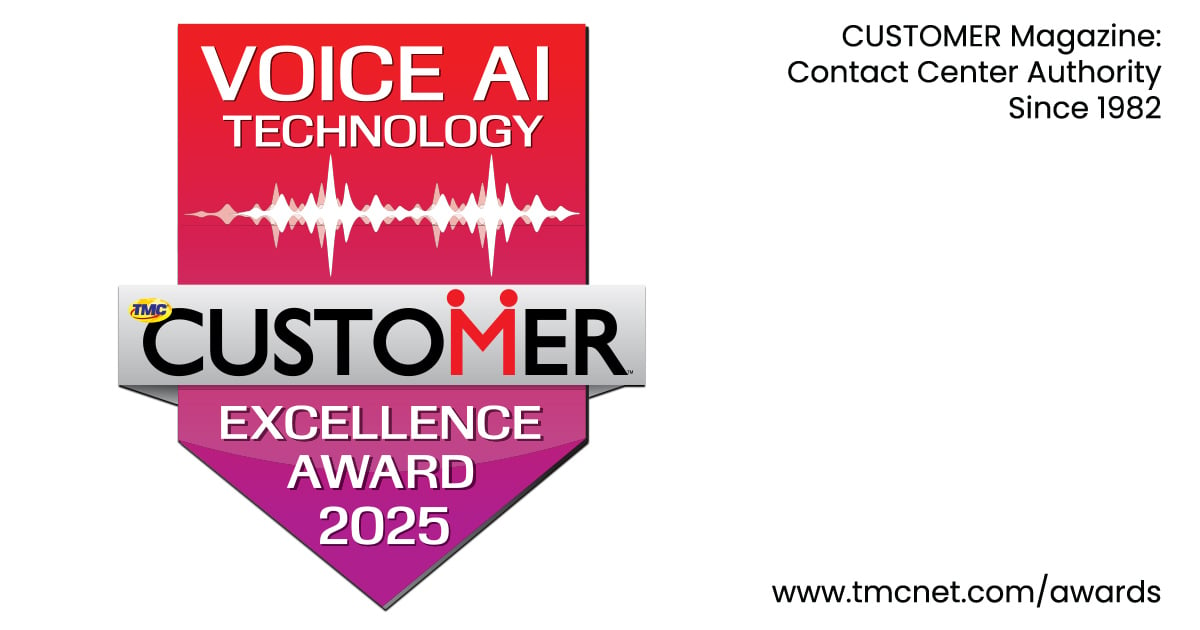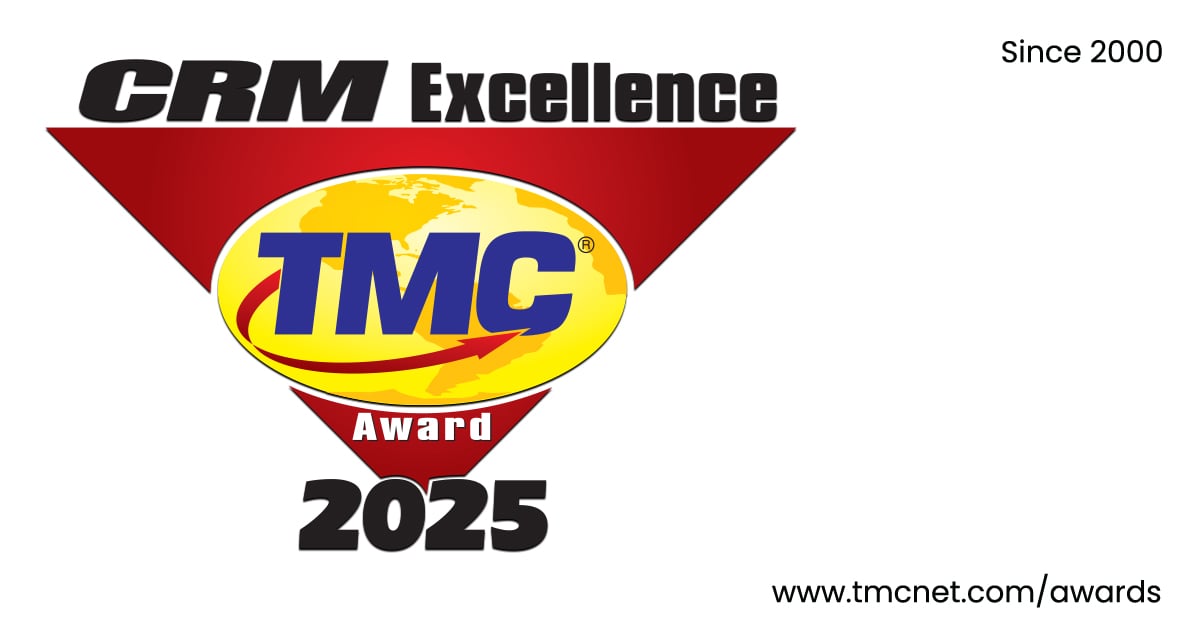Top-notch sales execution is critical to maintaining an edge in today’s highly competitive business environment. Consequently, sales leaders’ No. 1 priority is to elevate performance in their organizations, while driving their teams to increase productivity and maximize effectiveness. Toward this end, sales performance management (SPM) functionality has become invaluable.
According to a Gartner report, SPM technologies accelerate sales representatives’ time-to-value curves by linking go-to-market efforts with sales execution at the territory and rep levels. The results are bankable, as validated by SPM’s market growth. The software-only portion of the market, to which the largest SPM vendors contribute, grew 10 percent in 2015 to about $715 million, and will grow to $1.54 billion by 2019, per Gartner.
However, the IT research and advisory company also reports that less than 5 percent of companies using at least one SPM solution have implemented the full set of SPM functionality. Organizations need to make sure they’re leveraging SPM functions that support their unique business needs and goals while also driving revenue growth. Further, companies need to ensure that their investment in SPM is returning full value by being integrated to other systems within the sales effectiveness and performance technology stack.
The top five essential sales management technologies include: customer relationship management (CRM), configure price quote (CPQ), enterprise resource planning (ERP), human capital management (HCM) and incentive compensation management (ICM). ICM is the core of SPM and the one technology with the highest payback for businesses. Compensation’s importance as a key performance motivator for salespeople cannot be discounted. It is the incentive that pushes employees to excel beyond a standard level of performance—the inspiration necessary to achieve business growth.
Without integrating these five essential technologies, your sales organization will have a competitive disadvantage. Described below in more detail are the five categories, how they work to optimize your sales environment, and the top players in each:
Customer Relationship Management (CRM) – Managing the Sales Pipeline
At its simplest, a CRM system, e.g., Salesforce, replaces manual processes, allowing organizations to more efficiently manage business relationships and the data associated with them in one central location, ideally in the cloud for easy access. Benefits include enhanced collaboration among multiple departments, especially sales, marketing, and customer support, enabling effective management throughout the entire customer life cycle.
Best of all, analytical CRM systems collect data from multiple sources through techniques such as data mining, correlation and pattern recognition to pinpoint customer needs and otherwise provide insights that lead to improved manager decision making—all of which aids in optimizing the customer experience.
According to Gartner, the worldwide CRM software market was worth $26.5 billion in 2015, up 12.3 percent from 2014.
Incentive Compensation Management (ICM) – Sales Performance Management
ICM software reduces the costs of and improves the visibility into sales performance and compensation plans. As noted above, it remains the predominant driver of the SPM market, which was worth more than $2.7 billion in 2015, according to Gartner.
ICM software allows organizations to automate the administering, calculating, reporting and analyzing of variable-based compensation plans, giving sales managers greater visibility into one of their organization’s largest expenses. Over the past 20 years, ICM has helped mid- to large-sized enterprises align complex incentives around strategic goals in a scalable and centrally managed tool, streamlining processes and driving higher sales.
Best-in-breed ICM solutions build trust among employees by ensuring accurate and timely commission payment distribution. An ICM solution also gives leaders increased visibility into their compensation data and insight into how these dollars are working to drive performance. They also automate a previously manual and time-consuming process—saving time and resources.
Recognized as a leading ICM innovator in Gartner’s report is Xactly Corporation. Xactly’s position as leader is based on high marks in customer satisfaction and sales execution. The pure-play software-as-a-service (SaaS) solution offers ICM, quota management and territory management capabilities. Further, Xactly is the only SPM solution that gives customers real-world intelligence from more than 11 years of actual pay and performance data representing billions of compensation transactions, and enabling transformation in compensation practices and results. The company also provides “what if” scenarios to help sales reps visualize increased earnings from different deal structures.
Human Capital Management (HCM) – Payroll, HR and Benefits Administration
HCM software comprises the range of practices and processes for managing people in an organization, including workforce acquisition, management and optimization. The scalable enterprise-class software automates payroll, performance reviews, recruiting and training. Workday is an example of a leader in this space.
More and more human resources professionals are implementing HCM suites to help them better run their operations and provide functionality to attract, develop and retain their workforce. By 2020, 30 percent of global midmarket and large enterprises will have invested in a cloud-deployed HCM suite for administrative HR and talent management, according to Gartner. By sharing information with other software, like ERP, HCM software can help an organization plan for future staffing needs.
Enterprise Resource Planning (ERP) – Product Planning, Inventory and Manufacturing
This business process management software gives organizations a system of integrated applications to manage the business and automate many back-office functions related to technology, services and human resources. To be useful, however, it must be integrated with other software systems. Most legacy ERP systems, due to their complexity, do not lend themselves to an SaaS delivery model. Yet, as more companies begin to store data in the cloud, ERP vendors are responding with cloud-based services to perform some ERP functions.
The most widely deployed legacy platforms are SAP, Oracle and Microsoft Dynamics—all of which have on-premises and cloud deployment options. These vendors, and others, such as IFS Applications, which Gartner also identifies as a leader, excel at providing the many advantages of ERP, including customizable reports that make responding to complex data requests easy. High-quality customer service naturally follows from an ERP system, as it provides sales and service staff with customer information and histories, enabling improved customer relationships.
Configure Price Quote (CPQ) – Pricing Management
A growing software category, CPQ, is a sales tool designed to help companies produce accurate and highly configured quotes—defining the price of goods across a huge and constantly changing spectrum of variables. A CPQ system centralizes and automates complex product, pricing and business rules in real time, so salespeople have what they need at their fingertips to generate a sales proposal.
The benefits of the software include speed and accuracy in producing price quotes, tracking of external factors that affect pricing of the organization’s own products, and global distribution of pricing data to stores. The ability to generate quotes on smartphones and tablets from anywhere, anytime is shortening sales cycles. This is a technology especially useful to large organizations with hundreds of products.
Gartner estimates the CPQ application suites market was $570 million in 2015, achieving 20 percent year-on-year growth. Cloud-based CPQ revenue was $157 million in 2015, representing a 46 percent year-over-year growth. The IT research and advisory firm predicts CPQ will continue to be one of the hottest enterprise apps for the foreseeable future, predicting a 20 percent annual growth rate through 2020, with the majority being from cloud-based solutions. Market leaders include Microsoft Azure and Salesforce.
Integrate Tools for Peak Sales Performance
With these solutions seamlessly integrated, your business gains the highest value and optimal workforce productivity. For example, when choosing a CRM solution, ensure that it will seamlessly work together with your ICM system. Adding in an integrated CPQ solution will then deliver the key information to the sales team for them to successfully execute business, along with the visibility into incentives that will motivate them to execute faster. All must be best-in-class solutions to maximize their benefits and optimize team performance.
ICM is driving the SPM market and is its fastest-growing category, which is not surprising when you think about compensation’s role in powering sales performance and business success.
Giving your salespeople the tools they need to optimize their performance is your key to gaining a competitive edge in the marketplace.
A comprehensive strategy that leverages sales performance management technologies will bring together the biggest sales drivers—from compensation to business relationships to back-office functions to product pricing—to transform your operational view of the entire sales process, gaining you insight and improved decision making.





